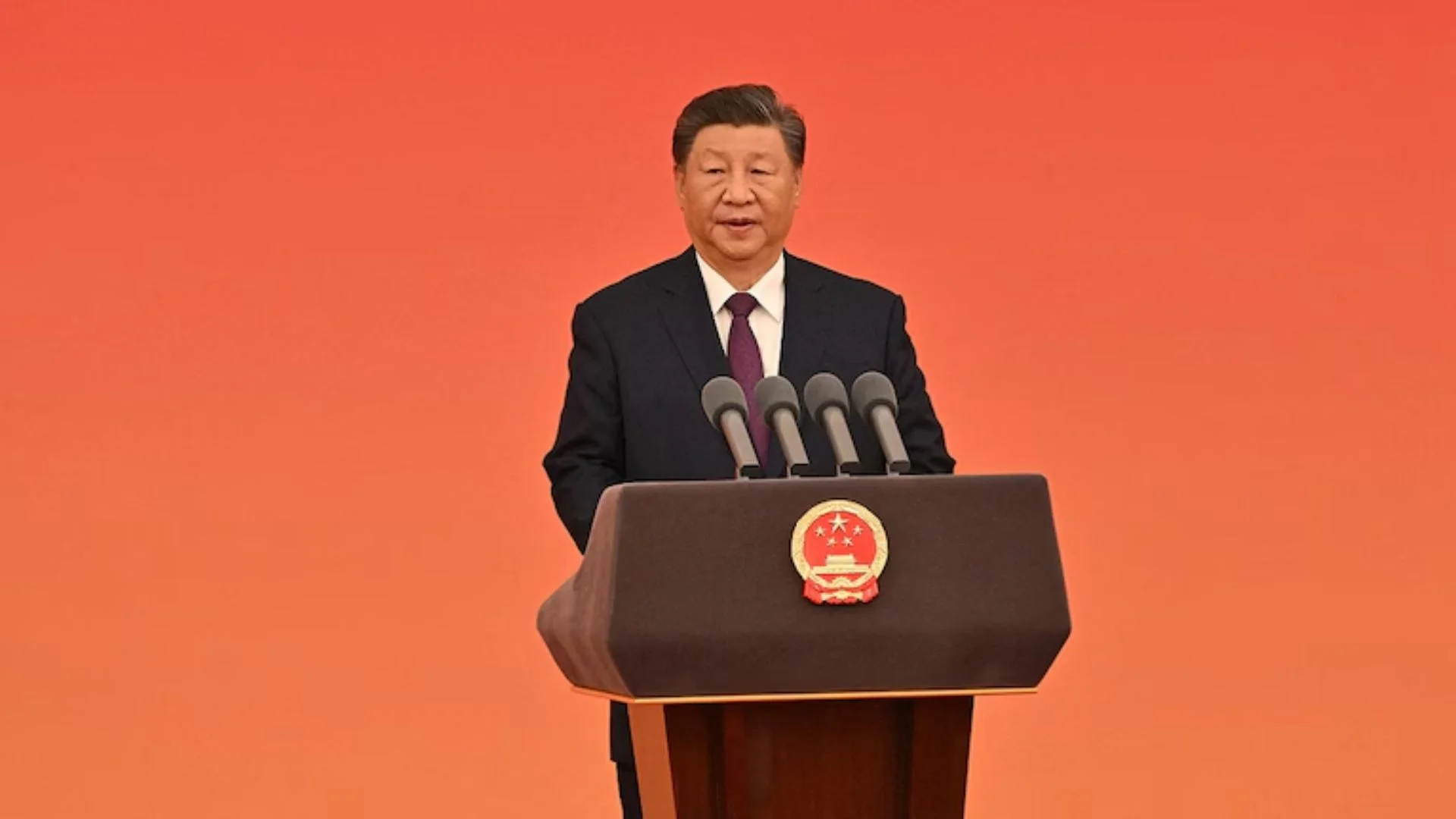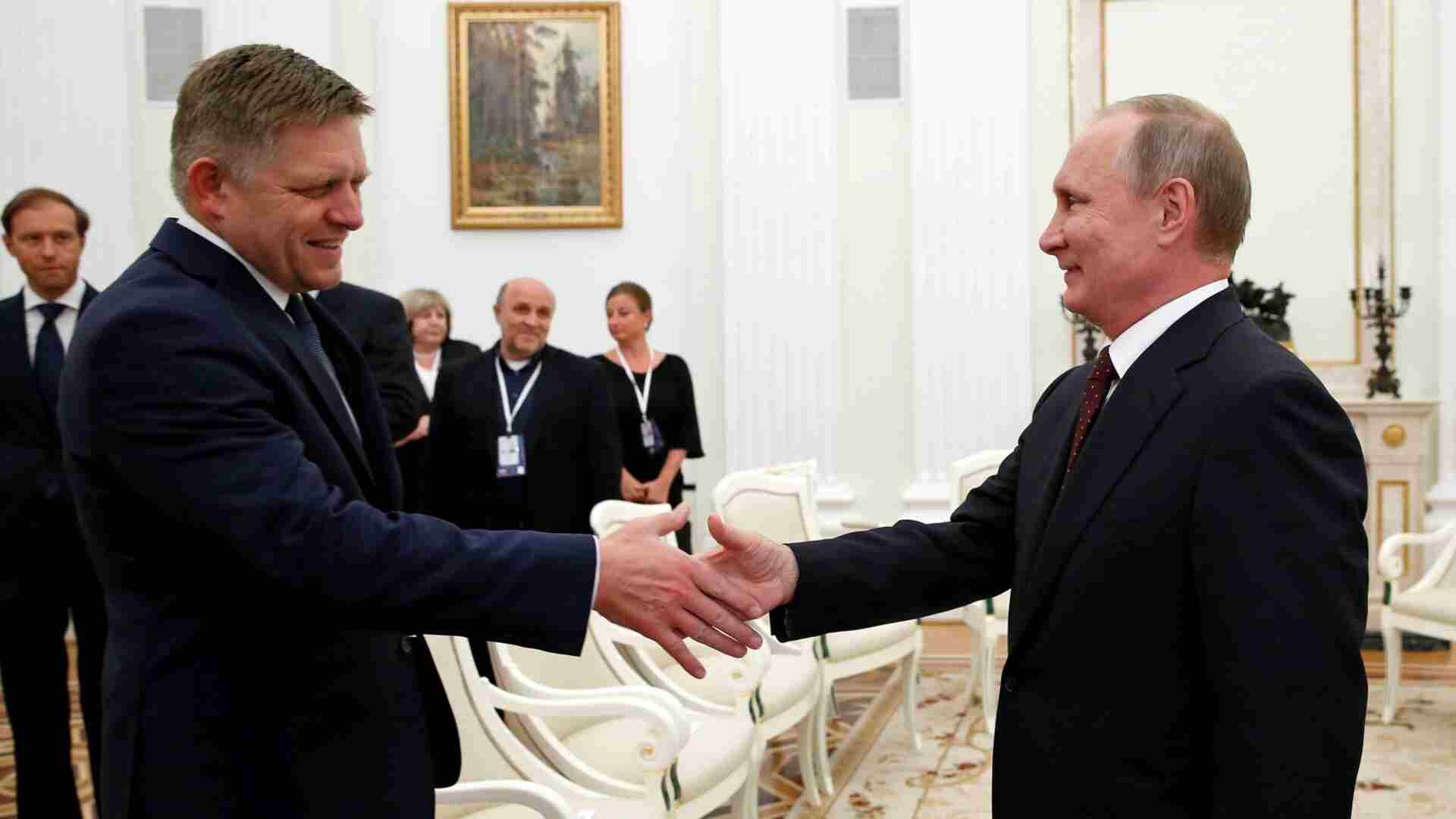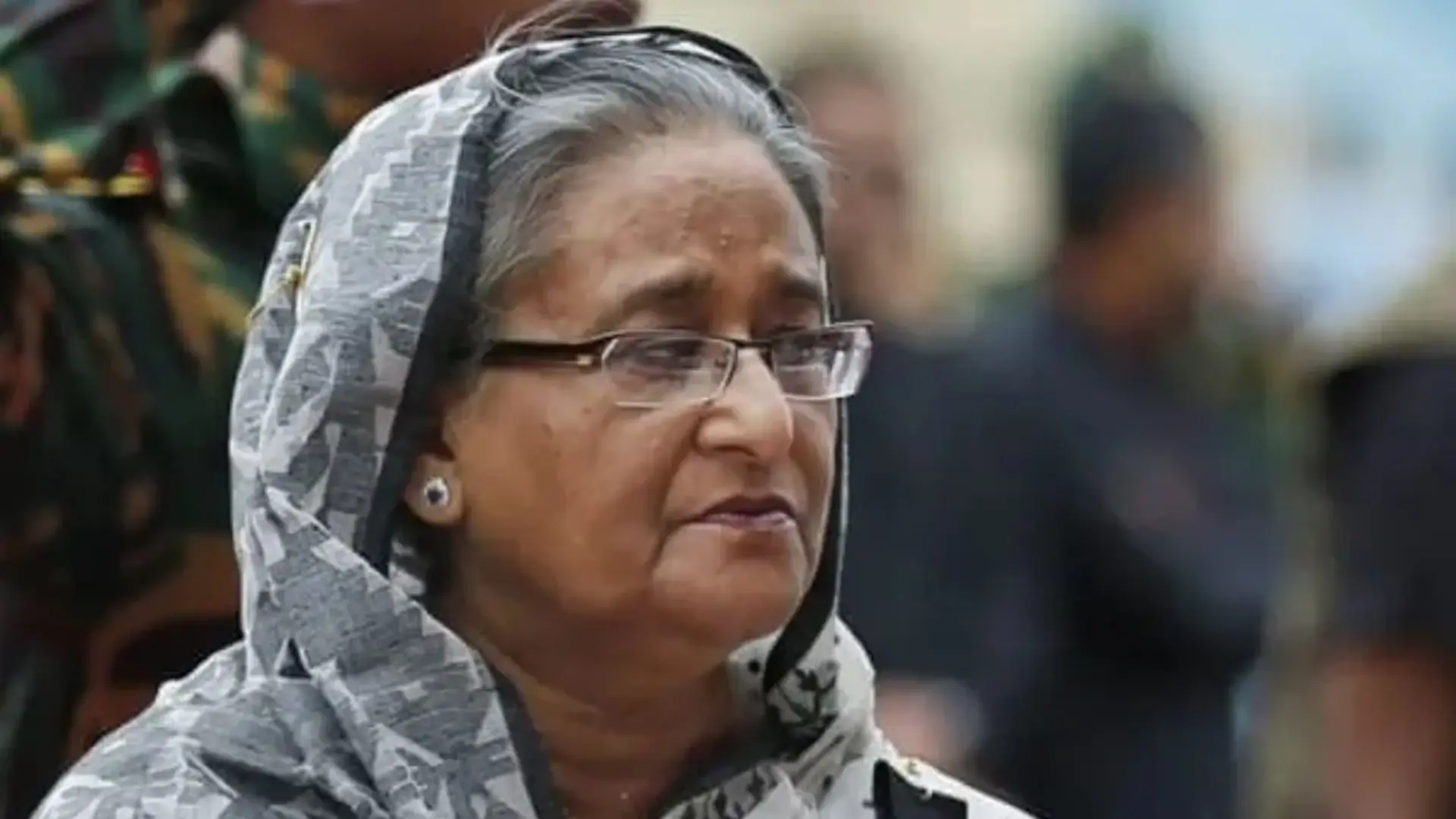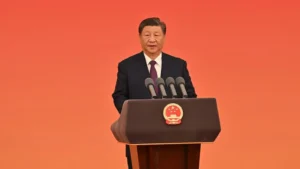In a notable meeting on the sidelines of the Asia-Pacific Economic Cooperation (APEC) summit in Peru, Chinese President Xi Jinping and outgoing US President Joe Biden discussed the importance of maintaining steady diplomatic ties between their nations amid significant political transitions. Xi expressed readiness to engage constructively with incoming US President Donald Trump, underscoring China’s willingness to promote communication, foster cooperation, and manage potential tensions in the hopes of a smooth diplomatic transition.
While Xi refrained from mentioning Trump directly, he addressed growing concerns over potential trade disputes and heightened diplomatic strains that might arise from the anticipated policy shifts under Trump’s administration. Xi warned that neither a breakdown in the supply chain nor disengagement between the US and China would resolve underlying issues, adding that both countries should work toward bringing “more certainty” to a volatile global landscape.
On the campaign trail, Trump advocated a tough stance on China, promising a 60% tariff on Chinese imports—impacting up to $500 billion worth of goods. Trump has also committed to ending Russia’s war in Ukraine “within 24 hours,” raising concerns that he may pull back military aid or pressure Ukraine toward concessions, potentially positioning China to step up as a key diplomatic figure.
Biden acknowledged their differences with Xi but emphasized that their interactions had been consistently “frank” and “candid.” He emphasized that both countries must prevent competition from escalating into conflict. “Over the last four years, we’ve proven it’s possible to manage this relationship responsibly,” Biden stated.
In a significant point of agreement, both leaders affirmed the necessity of retaining human control over nuclear weapons decisions, echoing mutual concern about artificial intelligence (AI) in military contexts. The two nations, according to the White House, recognized the importance of carefully weighing the risks of AI and pursuing a prudent approach to its development in military settings.
While the statement represented an initial step in addressing AI and nuclear arms both topics on which progress has been limited it remains uncertain whether these discussions will lead to concrete agreements. Recently, the US has sought to initiate nuclear arms talks with China, but progress has been slow, with American officials voicing frustration over Beijing’s limited responsiveness.
In the context of rising regional tensions, Biden recently met with South Korean President Yoon Suk Yeol and Japanese Prime Minister Shigeru Ishiba, affirming the strategic alignment among the three nations. The alliance, Biden asserted, seeks to counter any regional disruptions that may benefit Beijing.
Amid this diplomatic transition, Trump’s return to the White House brings further uncertainty. His cabinet nominations, including Senator Marco Rubio for Secretary of State and Representative Mike Waltz as National Security Adviser, both of whom hold hawkish stances on China, signal a potentially contentious shift in US-China relations.
Xi congratulated Trump on his recent victory, expressing hope that the two countries would “get along with each other in the new era.” However, in his APEC remarks, Xi struck a cautionary tone, alluding to a period of “turbulence and transformation” and warning against the rise of “unilateralism and protectionism.” Tensions are compounded by US concerns about alleged Chinese attempts to hack US telecommunications networks, with investigations suggesting the Chinese government may have targeted communications involving Trump, Vice President-elect JD Vance, and staff of Vice President Kamala Harris.












